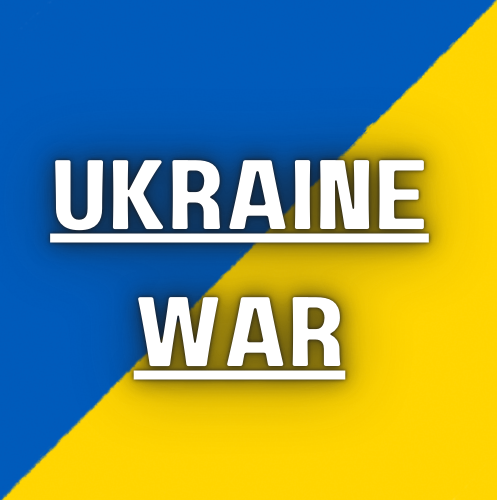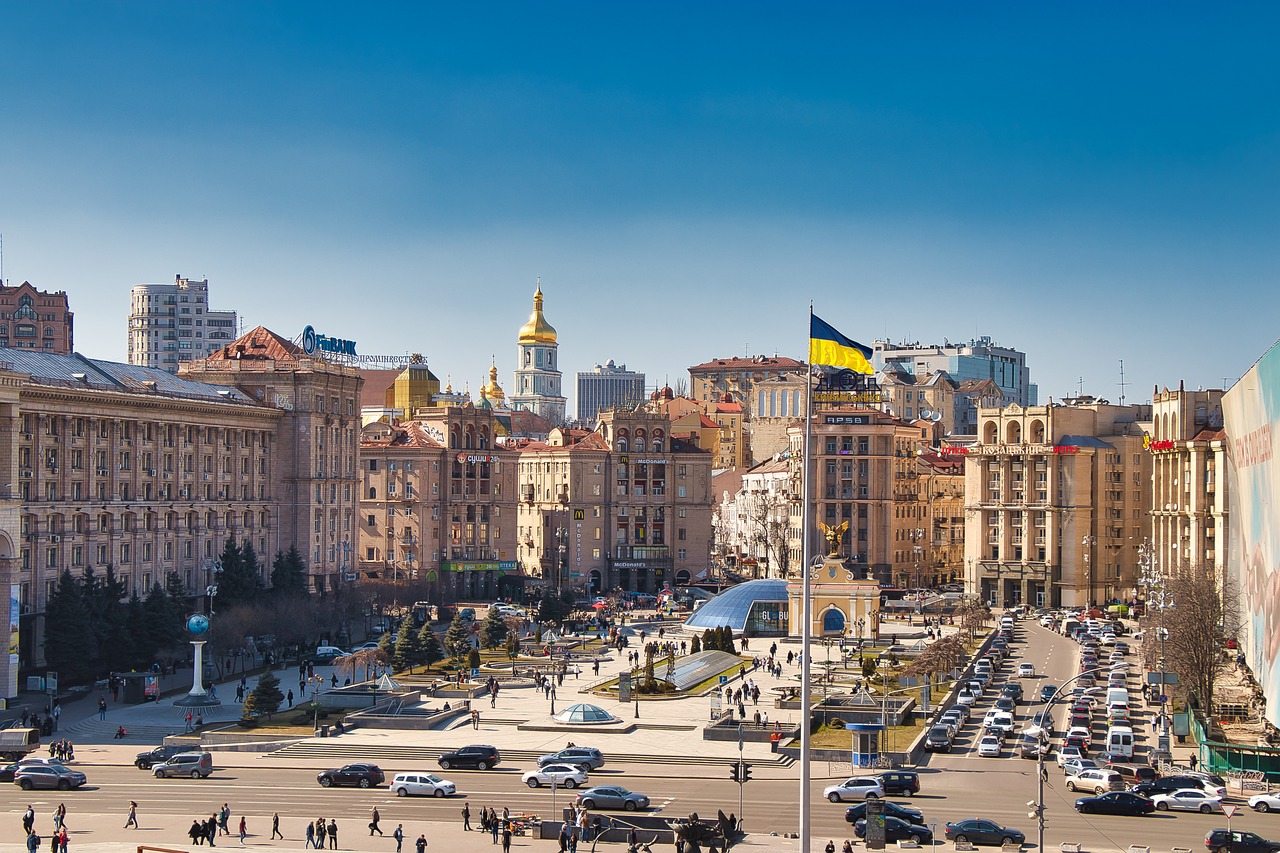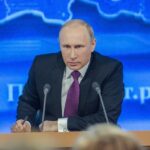The war in Ukraine, which began in 2014 and escalated dramatically with Russia’s full-scale invasion in February 2022, is driven by a complex mix of historical, political, ethnic, and geopolitical factors. The main causes include:
1. Post-Soviet Tensions: After the collapse of the Soviet Union in 1991, Ukraine became an independent state. However, Ukraine has long been divided between a western part that leans toward Europe and NATO and an eastern part, where many ethnic Russians live and that maintains closer ties with Russia. These divisions have fueled internal and external tensions.
2. Russian Nationalism and Expansionism: Russian President Vladimir Putin has described the collapse of the Soviet Union as a “geopolitical catastrophe” and considers Ukraine a part of Russia’s historical and cultural sphere of influence. Russia’s desire to regain influence over former Soviet territories, especially Ukraine, is a key motivator. Putin has emphasized the notion of “protecting” Russian-speaking populations in Ukraine, particularly in eastern regions like Donetsk and Luhansk.
3. Crimea and Eastern Ukraine Conflict: In 2014, following Ukraine’s Euromaidan protests, which ousted a pro-Russian president, Russia annexed Crimea, citing the protection of Russian-speaking people there. This was widely condemned by the international community. Around the same time, pro-Russian separatists, with Russian backing, began a war in eastern Ukraine (Donbas), leading to years of fighting.
4. Ukraine’s Shift Toward the West: Ukraine’s increasing tilt toward the West, particularly its pursuit of closer ties with the European Union (EU) and NATO, is a major concern for Russia. Russia views NATO’s eastward expansion as a threat to its security, and Ukraine’s potential membership in NATO has been a red line for Moscow. The 2014 Euromaidan protests, which rejected closer ties with Russia and supported European integration, marked a turning point.
5. Russian Fear of Western Influence: Russia perceives Western political, military, and economic influence in Ukraine as part of a broader effort to contain or undermine Russian power. This has fueled Russia’s interventionist policies. Russia has accused the West of trying to orchestrate regime change and install governments hostile to Moscow in former Soviet republics like Ukraine.
6. Security and Strategic Interests: Ukraine holds significant strategic importance due to its geographic position, serving as a buffer between Russia and Europe. Control over Ukraine gives Russia access to the Black Sea, critical trade routes, and military advantages. Conversely, Ukraine’s alignment with the West threatens to limit Russia’s strategic depth and influence.
7. Ethnic and Cultural Divides: Ukraine has long been divided along ethnic, linguistic, and cultural lines, with western regions generally favoring integration with Europe and eastern regions having stronger ties to Russia. This divide has been exploited by Russia to fuel internal discord and justify intervention.
8. Putin’s Ideological Goals: Putin has articulated a vision of a greater Russia, often framed in terms of restoring Russian historical greatness. He argues that Russians and Ukrainians are “one people” and that Ukraine is not a fully sovereign state, denying Ukraine’s right to an independent national identity. This ideological stance has driven much of Russia’s actions in Ukraine.
9. Failure of Diplomacy and Escalation: Diplomatic efforts, such as the Minsk agreements aimed at resolving the conflict in eastern Ukraine, have failed to bring about a lasting peace. Russia’s buildup of forces in 2021–2022 and subsequent invasion in February 2022 was driven by the belief that force, rather than diplomacy, was necessary to achieve its objectives regarding Ukraine.
The conflict is deeply intertwined with the struggle over Ukraine’s sovereignty, identity, and future orientation, and it reflects broader geopolitical struggles between Russia and the West.
Ukraine war understanding © 2024 by Naccache Louann is licensed under Creative Commons Attribution-NonCommercial-NoDerivatives 4.0 International


